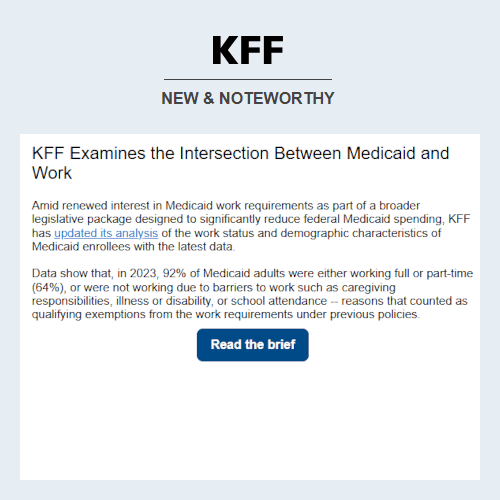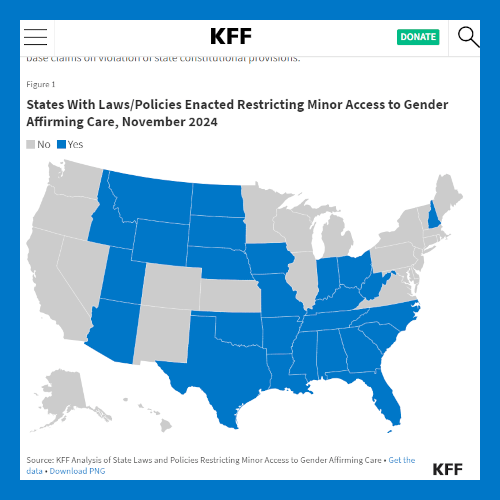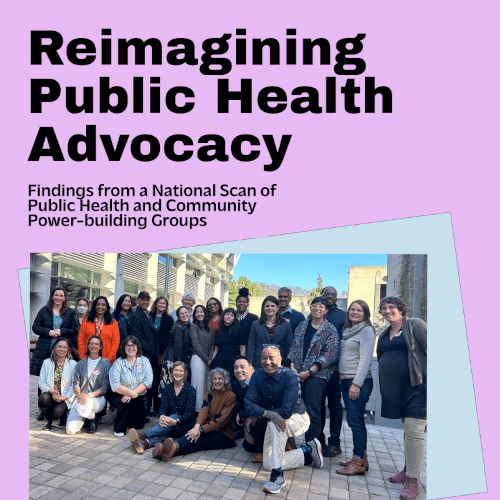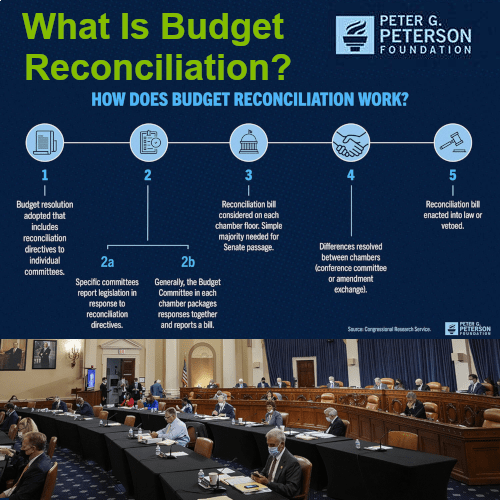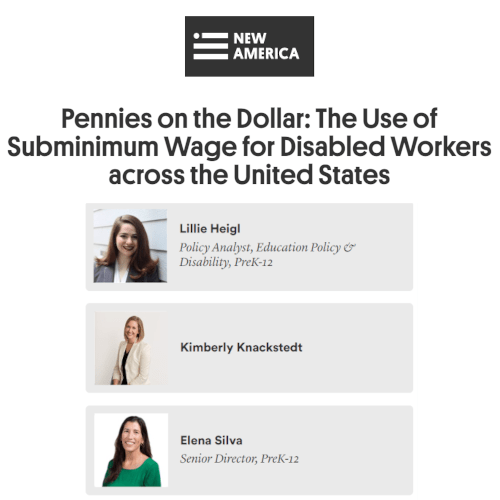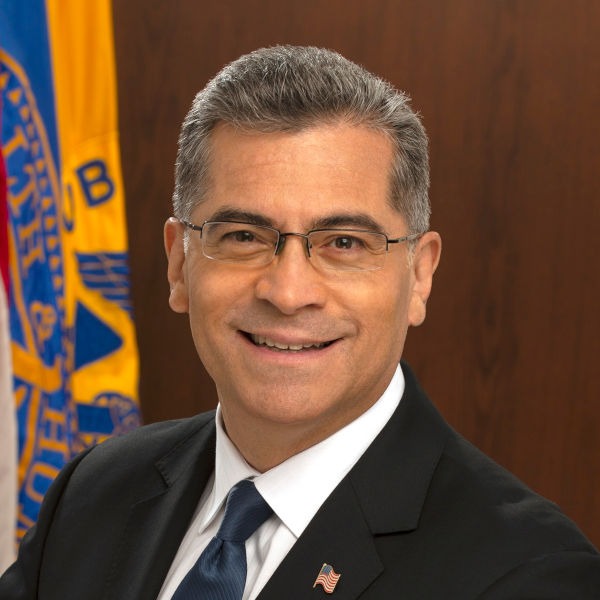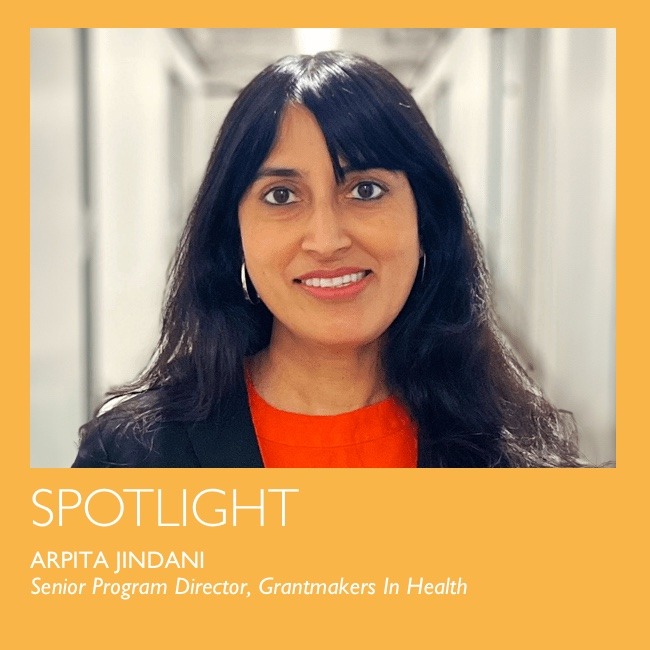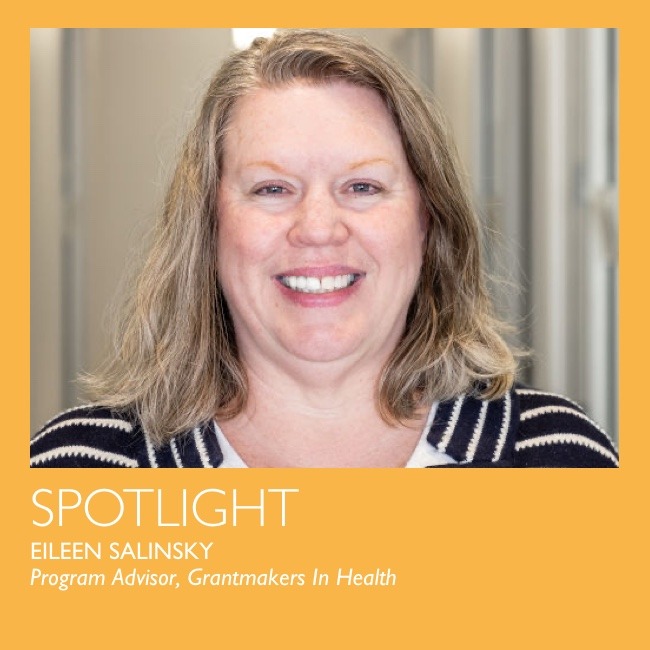Data Show That The Majority of Adult Medicaid Enrollees are Working
Amid renewed interest in Medicaid work requirements as part of a broader legislative package designed to significantly reduce federal Medicaid spending, KFF has updated its analysis of the work status and demographic characteristics of Medicaid enrollees with the latest data.
Youth Access to Gender Affirming Care at the Supreme Court: What to Know
Ahead of December 4 arguments in a Supreme Court case (U.S. v. Skrmetti) challenging the constitutionality of Tennessee restrictions for gender affirming care for minors, KFF explores the background of the case and potential rulings.
Reimagining Public Health Advocacy: Findings from a National Scan of Public Health and Community Power-building Groups
Drawing on a national scan of nongovernmental public health and community power-building groups, this report explains how Human Impact Partners approaches work to shift the field of public health, the research they conducted to better understand the gaps between public health and community power-building organizations, and the implications of what has been learned.
What Is Budget Reconciliation?
With narrow Republican majorities in the Senate and House, congress is expected to use budget reconciliation to pass the new administration’s legislative agenda. in this article, the Peter G. Peterson Foundation explains what budget reconciliation is and how it might be used.
Biden-Harris Administration Announces $75 Million Investment in Rural Health Care
The Health Resources and Services Administration (HRSA), an agency of the U.S. Department of Health and Human Services (HHS), announced nearly $75 million to support health care services in rural America. Funding will launch new opioid treatment and recovery services in rural communities, strengthen maternal health care in the South, and help rural hospitals stay open.
Raising the Bar on Voting Accessibility in Missouri
Missouri Foundation for Health has developed a policy brief with recommendations supporting the efforts of the disability community across the state to make voting processes more accessible for all Missourians.
Spotlight: Celebrating Civic Health Month!
Eileen Salinsky, Program Advisor, Grantmakers In Health August is civic health month and an opportune time to reflect on organizational and individual commitments to civic engagement. A growing body of research has established a relationship between civic engagement and health outcomes, such as improved access to health care services, lower rates of chronic diseases, longer…

